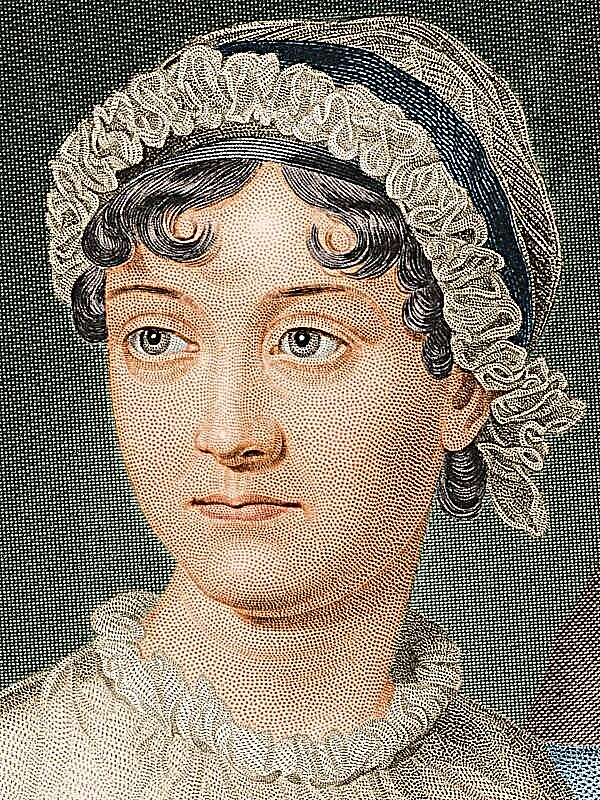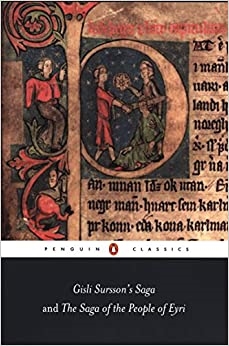Notes from well-known incidents and genuine cases, embodying the life of Gavrila Romanovich Derzhavin.
The author, listing all his ranks, positions and orders at the beginning of the notes, but not mentioning poetic fame at all, was born in Kazan from noble parents on July 3, 1743. His family came from Murza Bagrim, who had traveled under Vasily the Dark from the Golden Horde. Derzhavin's parents, despite the colonel's rank of father, lived in extreme poverty - only sixty souls of the estate. He was their firstborn, born frail, so that the baby was baked in bread to get any liveliness. One and a half years old, looking at a flying comet, the boy said his first word: God!
Despite poverty, parents tried to give their son a decent education, but there were no good teachers in the province, and nineteen years old Derzhavin had to enter the service as a simple soldier of the Preobrazhensky regiment's life guard. Then he began to compose poetry; Having learned about this, the comrades began to ask him to write letters home. On the day when Catherine II made a coup and ascended the throne, Derzhavin with his regiment marched from Petersburg to Peterhof and saw the new empress in a Transfiguration guards uniform, on a white horse, with a naked sword in her hand. The following years passed in a variety of adventures - both love affairs and the worst kind: Derzhavin also visited cheaters, knew both scammers and buoys. He came to his senses by force and returned to the regiment in Petersburg. Shortly thereafter, in the tenth year of service, Derzhavin received an officer rank and he healed decently and happily.
A year and a half later, the Pugachev outrage began. Derzhavin went to General-General Chef Bibikov, appointed commander, and asked him to start. He initially refused, but Derzhavin did not back down and achieved his own. Throughout the campaign, he played a very important role, and the first to send a report on the capture of Pugachev. But then the young officer was accidentally involved in the court struggle of the Panins and Potemkin. Field Marshal Panin was angry at Derzhavin, Potemkin also did not help. In 1777, after several years of ordeal, the officer, according to whom the corps had recently moved, was dismissed in civilian service "for his inability to military."
Derzhavin healed again in St. Petersburg, made good friends and, entering the house of Prosecutor General Vyazemsky, got a rather prominent place in the Senate. Then he fell in love with the girl Katerina Yakovlevna Bastidonova, whom she married a year later and with whom he lived happily for eighteen years. In 1783, his ode Felitsa was published, from which the empress, in her own words, “cried like a fool” and presented Derzhavin with a diamond-studded snuffbox full of gold pieces of gold. Vyazemsky, after this mercy, began to find fault with him, and at the end of the year there was a serious clash: Derzhavin convicted the prosecutor general of concealing state revenues. The subordinate had to resign. Using his freedom, Derzhavin went to Narva, rented a room there, and, shut up, wrote odes “God” and “Vision of Murza” for several days.
A few months later he was appointed governor in Petrozavodsk. Governor General Tutolmin turned out to be the boss over him; this person introduced his laws in excess of state laws and in Karelia forced him to report on forest planting. Derzhavin could not stand such folly and arbitrariness; soon the whole city was divided into two parties, and Derzhavin was in the minority. Denunciations came to the capital of the most stupid and ridiculous kind; in addition, the Governor General sent Derzhavin on a dangerous journey through the dense forests to the White Sea.
At sea, trying to get to the Solovetsky Islands, Derzhavin fell into a severe storm and miraculously escaped. In the summer of 1785, the authorities decided to transfer him from Petrozavodsk to the same position in Tambov. There Derzhavin corrected a lot after his negligent predecessor, opened a public school, a printing house and balls with concerts. But soon thereafter, clashes began with the Governor General, who covered the rookies-farmers. The matter was so confused that Derzhavin himself was not only dismissed, but also put on trial.
For nearly a year he stayed in extreme concern, not knowing how to get rid of trouble, and finally wrote a letter to the Empress, who announced that she could not blame the author of “Felitsa”. The matter went to an honorable resignation, but it did not suit Derzhavin. In search of a new service, he became close to both favorites: the old, Potemkin, and the new, Platon Zubov (he even had to reconcile them in one dispute about estates), made friends with Suvorov, wrote several poems seen at court. Be that as it may, but only with all these mercies Derzhavin staggered across the square, living in Petersburg without any business.
So two years passed, when suddenly Catherine ordered him to consider one very important matter, and then, at the very end of 1791, she took to her state secretaries to monitor the decisions of the Senate.
Derzhavin expected a lot from this post, but the empress loved when she was informed of brilliant victories, and he had to read boring documents about unpleasant affairs for weeks and months to her. Moreover, seeing the empress close by, with all human weaknesses, Derzhavin could no longer devote inspirational verses to her, and this was what was really needed from him. So, although he pleased the empress, he often bored with his truth.
Three years later, Derzhavin was dismissed from the court in the Senate without any special awards. True, he could become a prosecutor general if he asked for it, but he had a rule: do not ask for anything or refuse anything in the hope that when he was called upon, God himself would help him. In the Senate, many times Derzhavin happened to remain for the truth alone against all - sometimes winning, and sometimes losing. He was also the chairman of the college of commerce, but in this post he already had nothing but trouble. Finally, Derzhavin himself asked to resign, but did not receive it.
In July 1794, Katerina Yakovlevna died, and soon, so as not to evade depravity with longing, he embraced Daria Alekseevna Dyakova, sister-in-law of her friends Nikolai Lvov and Vasily Kapnist. The bridegroom was more than fifty years old, and the bride was about thirty; even during the life of his wife, she admitted that she would not want another groom for herself. When Derzhavin made an offer, Daria Alekseevna asked him for consumables, kept them for two weeks, and then only announced her consent. For seventeen years of marriage, the new wife of Derzhavin doubled their fortune.
On November 6, 1796, Empress Catherine suddenly died, during which, starting his service from the soldiers, Derzhavin reached the famous ranks, was awarded from her, and most importantly - we cover from all unjust persecution. Immediately after the death of the empress, after the new emperor, they rushed in with great noise into the palace, as if into a conquered city, armed people. Soon the commercial collegium was transformed, and Derzhavin was ordered to come to the palace and received an oral order from Emperor Paul to be the ruler of the Council of State - an unprecedented position in importance. A few days later, a decree was issued to appoint Derzhavin the ruler of not the Council, but only the chancellery of the Council (that is, a simple secretary), and without proper instructions. Derzhavin appeared to the sovereign to clarify this misunderstanding; he said with great anger: "Go back to the Senate and sit still!" Then Derzhavin, with a large crowd of people, said: “Wait, there will be sense from this king!”. There were no big troubles. Moreover, Derzhavin was entrusted with an important investigation in Belarus, after which he was again made president of the college of commerce, and then the state treasurer. But Pavel wouldn’t let him see him anymore, saying: “He’s hot, and I too, we will quarrel again”.
Derzhavin had to audit all government accounts, which were in a big mess. He should have reported his report to the emperor on March 12, and on the night of that day Paul was gone. What would end the case, if he had remained alive, is unknown; maybe Derzhavin would have suffered. Many times during the reign of Paul, he showed independence and courage, and to his coat of arms at that time made the inscription: "I hold on to the Highest with Strength."
Under Alexander I Derzhavin received a new post: he became the first Minister of Justice and at the same time the Prosecutor General of the Senate. He put a lot of energy into the fight against the young friends of the emperor, who seduced him with draft constitution and hasty release of peasants: Derzhavin even tried to protest against his beloved Aleksandrov’s decree on free cultivators. Soon, the nit-picking began, and in October 1803, the clash reached. To the question of Derzhavin, in what he served, the emperor answered only: "You serve too zealously." “But how so, sovereign,” Derzhavin answered, “I cannot serve otherwise.” On another or third day after this, a decree of resignation was issued. On October 8, 1803, Derzhavin left the service forever and devoted his leisure time to various literary pursuits. Notes brought to 1812


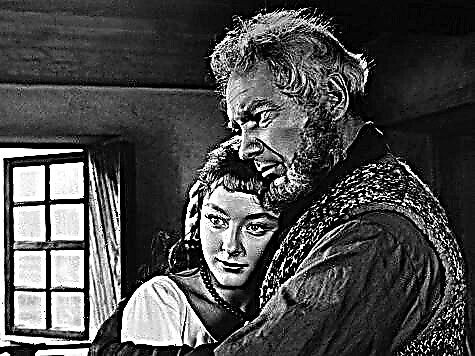
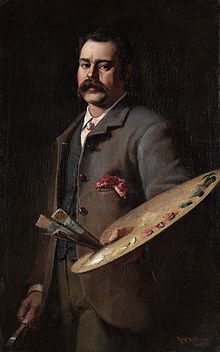
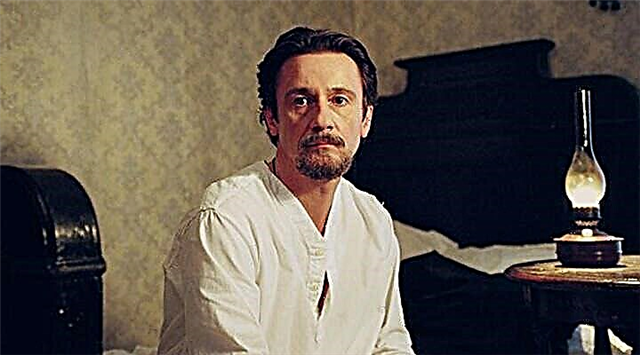
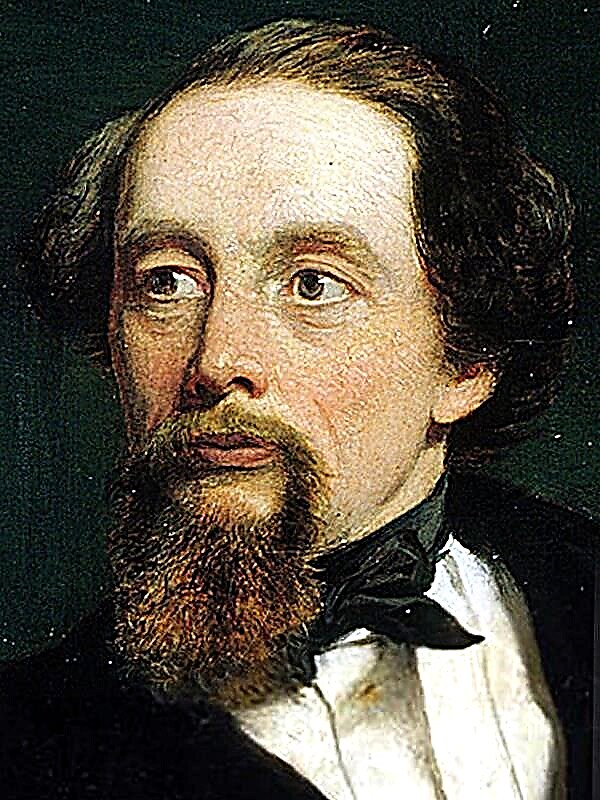
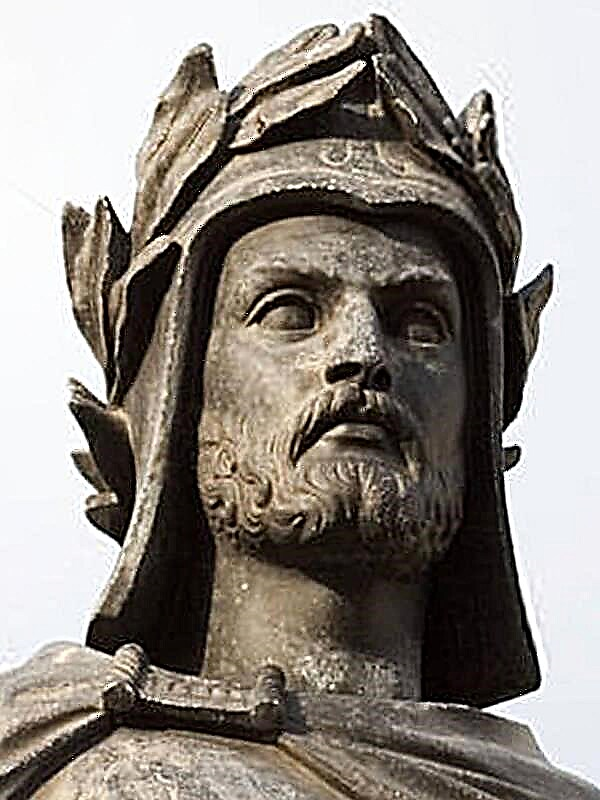
 Tilemahide
Tilemahide
